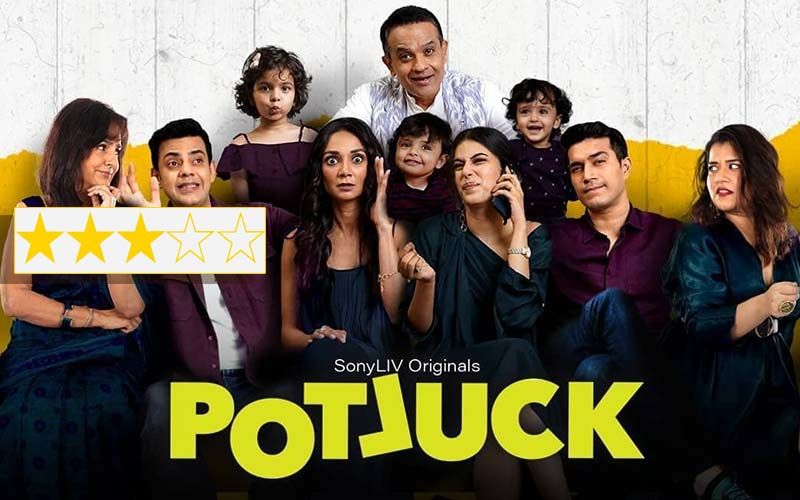
Marandi was arrested as a suspect in the Chilkari massacre, which occurred on 26 October 2007, where nineteen people were killed by Naxalites at a public function. Tamhane wanted to explore the "judicial nightmare" in an Indian setting after coming across the case of Jiten Marandi, a cultural activist from Jharkhand. Tamhane was watching a "typical" conventional courtroom drama on Doordarshan one day when he thought of making a real courtroom drama and started developing the idea for Court.

The project left him "broke and jobless" and under pressure to earn money, but he did not want to assist another director.

Kamble is then subsequently arrested on charges of conducting seditious camps under the cover of folk-artist workshops, and is remanded to police custody. He also says that the witness who testified against Kamble is a stock witness who has been testifying in several other cases.Ĭonsidering Kamble's deteriorating health and the lack of evidence, Kamble is granted bail in the amount of ₹100,000 (US$1,300), which Vora pays on his behalf. Vora reads the autopsy report which indicates Pawar died as a result of respiratory failure due to inhalation of hydrogen sulphide, with no sign of self-harm. She denies his intentions of suicide or having heard Kamble's name before. She further confesses that he was also an alcoholic, but never talked about committing suicide. Pawar's widow confesses in court that her husband used to clean the manholes without any safety equipment and had lost one eye from exposure to poisonous sewer gases. Vora replies that one book is on Yoga and the other one is a critique of certain rituals of the Goyamari sect. Nutan, the public prosecutor, informs the court that Kamble possessed two banned books. Vora explains to the court that Bhagat was requesting Kamble to take care of his ailing mother while he was in jail. In the next hearing of the case, the investigating officer links Kamble with an incarcerated man, Ashwin Bhagat, through a letter, accusing them of planning illegal activity in the city. A witness testifies that he saw the manhole worker singing Kamble's song. He also denies any intention to provoke someone to commit suicide. Kamble admits to have sung several songs about suicide, but cannot remember if he sang any on the day of the suicide. Lawyer Vinay Vora defends Kamble, who is tried in the court and granted bail. He is arrested on the charge of prompting Vasudev Pawar, a manhole worker who allegedly committed suicide after being influenced by one of Kamble's protest songs. Narayan Kamble is a teacher, social activist and protest singer. Upon release, the film received critical acclaim and went on to win the National Film Award for Best Feature Film at the 62nd National Film Awards. It premiered in India at the International competition section of the 2014 Mumbai Film Festival and was released theatrically on 17 April 2015. The film went on to win 18 other awards at several film festivals. The defense lawyer is a Gujarati and speaks Gujarati language.Ĭourt premiered at the 71st Venice International Film Festival in 2014, where it won the Best Film in the Horizons category and the Luigi De Laurentiis award for Tamhane. Most of the dialogue is in Marathi as it is set in Maharashtra.

There are four languages spoken in the film: Marathi, Hindi, Gujarati and English. The crew consisted of newcomers and the actors were non-professionals.

His friend Vivek Gomber agreed to produce the film and also acted in it. He wanted to explore the "judicial nightmare" in an Indian setting after coming across several real-life cases. Tamhane was curious to see the difference between the real courtrooms and the way they were depicted in films. The film's music was composed by Sambhaji Bhagat while Mrinal Desai and Rikhav Desai served as its cinematographer and editor, respectively. It also stars Geetanjali Kulkarni, Pradeep Joshi and Shirish Pawar.
#Selfie marathi drama review trial
The film examines the Indian legal system through the Mumbai Sessions Court trial of an aging protest singer, Narayan Kamble (Vira Sathidar), who is accused of encouraging a manhole worker to commit suicide through one of his folk songs. Court is a 2014 Indian multilingual legal drama film, written and directed by Chaitanya Tamhane in his directorial debut.


 0 kommentar(er)
0 kommentar(er)
